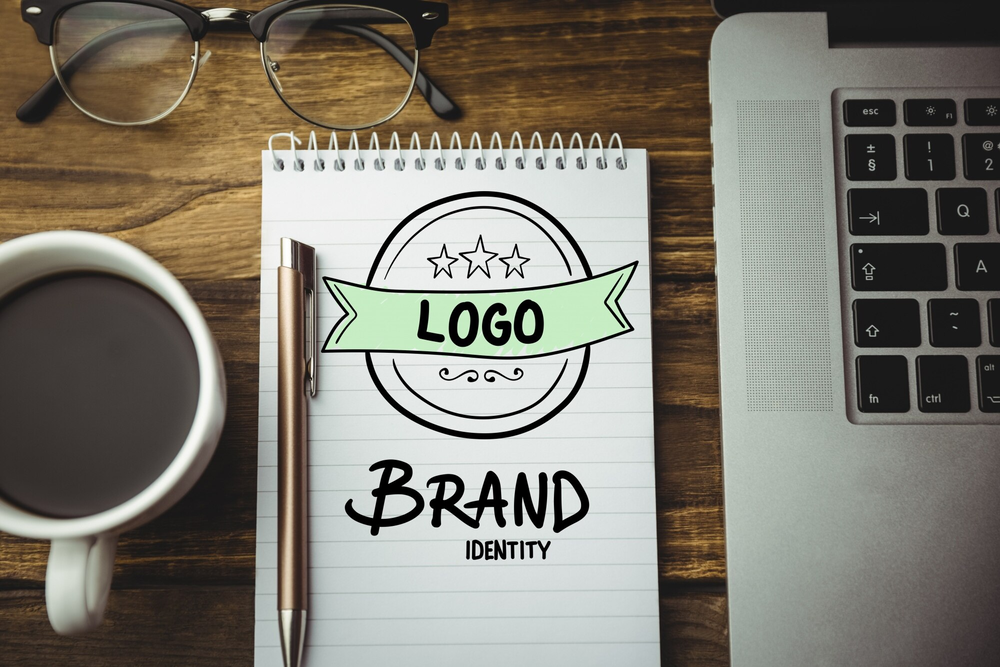In the dynamic landscape of business, a name isn’t just a label; it’s a strategic asset. Iconic brands like Coca-Cola, Nike, and Google didn’t stumble upon their names by chance. Behind each moniker lies a carefully crafted narrative, a fusion of creativity and marketing savvy. Let’s delve into the captivating world of business nomenclature, exploring the stories and strategies behind some of the most memorable names in the corporate realm.
The Power of Evocative Storytelling
A compelling narrative is at the heart of every successful brand name. Consider Nike, named after the Greek goddess of victory. This choice evokes imagery of triumph, athleticism, and excellence, aligning perfectly with the brand’s ethos. Similarly, Apple’s choice of name was inspired by the fruit that sparked the notion of knowledge and innovation. These names transcend mere words; they become symbols, resonating with consumers on a deeper level.
Crafting a memorable name involves tapping into the collective consciousness, leveraging archetypes and symbolism. Starbucks, for instance, drew inspiration from the first mate in Herman Melville’s “Moby Dick,” conjuring visions of exploration and adventure. Such names evoke emotions, sparking curiosity and forging connections with consumers. In a crowded marketplace, a well-crafted name can serve as a potent differentiator, setting a brand apart from its competitors.
Strategies for Success
Behind every iconic business name lies a meticulous strategy, blending creativity with market research. Take Google, for example. Co-founders Larry Page and Sergey Brin derived the name from “googol,” a mathematical term representing a massive number. This choice reflected the founders’ mission to organize the vast expanse of information on the internet. Google’s name not only reflects its core function but also exudes a sense of scale and innovation.
In the realm of technology, simplicity often reigns supreme. Amazon, the e-commerce giant, chose a name that starts with the letter “A,” ensuring it would appear near the top of alphabetical lists. This strategic move boosted the company’s visibility in directories and search results, a subtle yet effective tactic in the digital age. Meanwhile, Airbnb’s name speaks to its core proposition of providing lodging options worldwide, with “air” symbolizing travel and “bnb” representing bed and breakfast.
The Influence of AI Technology
In the age of artificial intelligence, businesses are not only revolutionizing naming conventions but also venturing into the realm of art generation. AI art generators harness machine learning to empower artists with innovative tools, analyzing styles and compositions from vast datasets. This fusion of technology and creativity allows businesses to create captivating visual narratives, engaging audiences in new and compelling ways
Companies like IBM and NVIDIA are leveraging AI technology to streamline the naming process, harnessing machine learning algorithms to generate names that align with their brand identity and objectives. These AI business name generator tools can sift through thousands of potential names in a fraction of the time it would take a human team, allowing businesses to expedite the naming process and stay ahead of competitors in rapidly evolving markets.
The Role of Fonts
In addition to the name itself, the typography and visual presentation of a brand’s identity play a crucial role in shaping consumer perceptions. Fonts convey personality, evoke emotions, and contribute to brand recognition. From the sleek simplicity of Apple’s Apple Garamond font to the bold, dynamic lettering of Coca-Cola’s iconic logo, each font choice is a deliberate reflection of the brand’s identity and values.
In the digital age, the proliferation of font generators has democratized design, empowering businesses of all sizes to create professional-looking logos and branding materials with ease. Businesses can make the design process even easier by implementing AI solutions, such as an AI logo generator.
These tools allow users to experiment with different fonts, styles, and layouts, ensuring that their visual identity aligns with their brand’s narrative and target audience. Whether it’s a bold sans-serif font for a tech startup or a playful script font for a boutique bakery, the font generator offers endless possibilities for creative expression and brand differentiation.
The Global Perspective
In an increasingly interconnected world, the significance of a name extends beyond linguistic boundaries. International expansion requires careful consideration of cultural nuances and linguistic meanings. Coca-Cola, for instance, faced the challenge of finding a name that could be pronounced and understood worldwide. The result? A phonetic approximation that remains recognizable across diverse cultures, transcending language barriers.
Similarly, McDonald’s adopted a strategy of localization, adapting its name and menu offerings to suit the preferences of different regions. In France, it’s known as “McDo,” while in China, it’s “麦当劳” (mài dāng láo). By embracing cultural sensitivity and linguistic diversity, these brands have successfully navigated global markets, earning the loyalty of consumers worldwide.
The Future of Naming
As we look to the future, the art of naming continues to evolve in response to shifting consumer trends and technological advancements. With the rise of artificial intelligence and automation, brands are exploring novel approaches to naming, leveraging algorithms and data analytics to generate catchy, on-brand monikers. This fusion of human creativity and machine intelligence heralds a new era of naming, where the possibilities are limited only by our imagination.
In conclusion, behind every iconic business name lies a rich tapestry of storytelling, strategy, and cultural resonance. From Nike’s homage to victory to Google’s mathematical marvel, each name serves as a testament to the power of language in shaping perceptions and forging connections. As businesses navigate the ever-changing landscape of commerce, the significance of a well-crafted name cannot be overstated. It’s not just a word; it’s a legacy, a promise, and a symbol of what a brand stands for.


